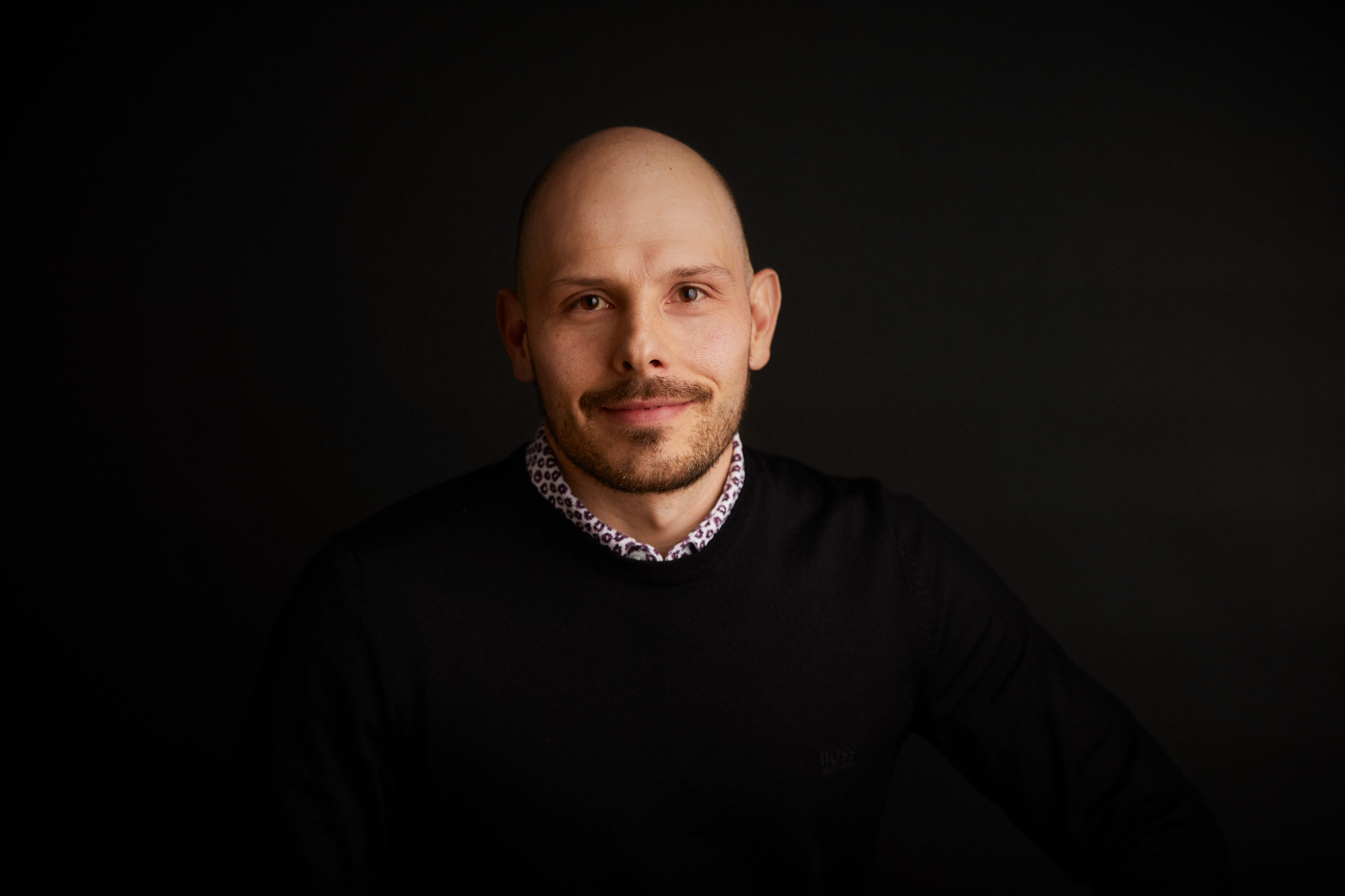Tomislav Dragicevic
Research leader

Project title
MAGIC: SMart AGgregation of flexible actIve-front-end grid-Connected power electronic converters
What is your project about?
Electrical power is somewhat like the air we breathe: We don't really think about it until it is missing. However, we will need to come up with radical innovations to keep it that way as the green transition takes its full swing. Namely, we will need to substantially increase the flexibility of the power grid to be able to host a vast volume of variable renewable energy sources like wind and solar, and hundreds of thousands new plug-in EVs that will hit the Danish roads over the coming decade. MAGIC project is based on a notion that many of the electrical loads that exist in the grid, such as motor drives, EV chargers and electrolyzers, are naturally flexible in their energy consumption, and that this cost-free flexibility can be unlocked by connecting them to the grid via smart active-front-end (AFE) power electronic converters. Namely, each of these AFEs collects substantial amount of data (grid and load measurements, internal AFE states), which hides valuable information about the grid stability conditions, available load flexibility and AFE’s health. Project proposes a wide variety of machine learning based methods that are able to uncover this information in computationally efficient way, and to use it for achieving scalable diagnostics and grid-supporting control of millions AFE-loads and more, thereby enabling them to serve as the solid bedrocks of the green transition to 100% renewable-energy-based power grids.
How did you become interested in your particular field of research?
From a young age, I loved math, computers and programming. I spent a lot of time during school and college days playing various games, reprogramming them, solving math problems and writing my own computer programs. My research field gives me a unique opportunity to take advantage of modern computing platforms and combine them with my lifelong passions for programming (where machine learning has over the years became a central part of it) to work on solving one of society’s greatest challenges – achieving safe and cost-effective green transition. What can be more exciting than that?
What are the scientific challenges and perspectives in your project?
The biggest challenge is to achieve precise and safe aggregated control of millions of AFEs and more, which can only be done with low computational burden to enable control scalability. This requires a radically different approach than conventional centralized and distributed control solutions. It includes looking to other disciplines who are more accustomed to working with low dimensional representations of data streams to enable fast online control in complex environments. In particular, I found an inspiration in robotics where similar ideas have recently started to offer promise to solve another key societal problem – the autonomous driving. If I succeed, this project will deliver groundbreaking knowledge to the electrical engineering field and set a new scientific foundation for efficiently managing arbitrary large fleets of any energy assets.
What is your estimate of the impact, which your project may have to society in the long term?
I think that the impact of this project can truly be groundbreaking. It can on one hand enable tens of billions of euros of savings to society only in Denmark, since the need to purchase and install expensive battery systems for grid stabilization will be substantially reduced. Moreover, project proposes methods that will ensure this is achieved in a safe and reliable way while at the same time minimizing the need for cloud computing and data use, thereby not only cutting down the energy waste of large data-centers, but also reducing the cloud-resource rental costs paid to companies like Amazon, Microsoft and Google.
Which impact do you expect the Sapere Aude programme will have on your career as a researcher?
The Sapere Aude grant is a recognition of my more than a decade long work in this exciting research area, which I am exceptionally grateful for. It will provide a prestige stamp to my research career and allow me to supplement my research group with new world-class talent. We will take advantage of this fantastic opportunity to pursue high-risk high-gain research in cooperation with our international and domestic partners, aiming to move the frontiers of science that supports the green transition. Besides the already mentioned impact on society, I expect that the outcomes of this project will also substantially increase my competitiveness in attracting major European and Danish grants for supporting fundamental research, such as ERC Consolidator and Villum Investigator grants.
Background and personal life
For many years, I have been playing football on a semi-professional level, and this activity was taking most of my free time. Nowadays, I enjoy spending my free time taking long walks and travels with my fiancée Lalitta, going to gym or having a nice jog in the nature. I am also fascinated with latest developments in the high-tech industry, and I follow it with great interest. With the help of DTU, I am in the process of patenting some of the technologies developed together with my research team, and we are really excited about the prospects of becoming a part of the Denmark's entrepreneurial ecosystem in the near future with our spin-out company.
View all research leaders here
Research institution
Technical University of Denmark
Research field
Electrical Engineering
City of your current residence
Kgs. Lyngby
High school
Gymnasium Lucijan Vranjanjin, Zagreb, Croatia
